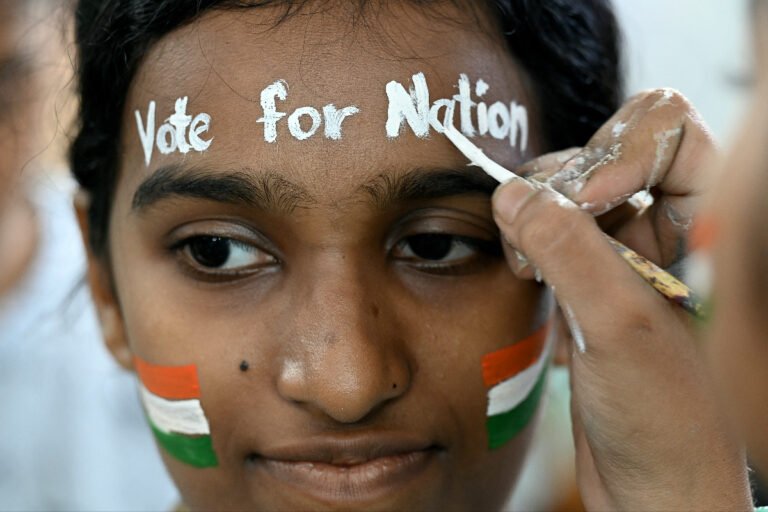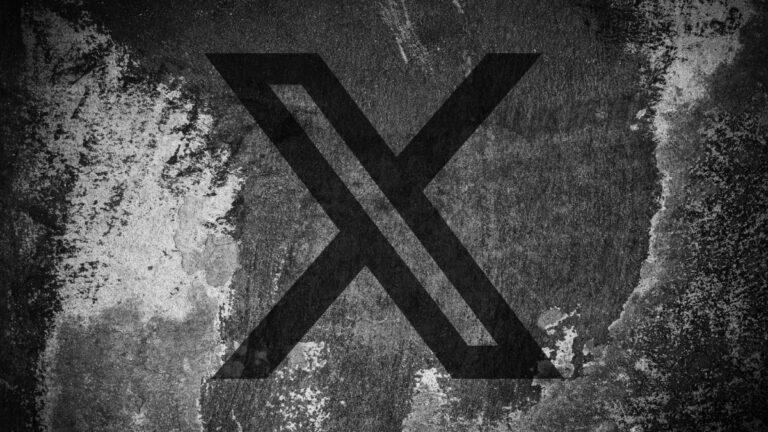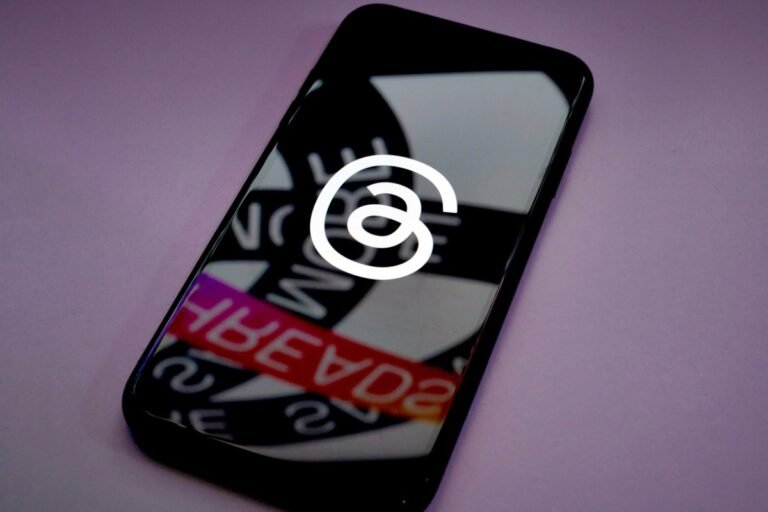
India’s election overshadowed by the rise of online misinformation Greater internet penetration and the rise of "cheapfakes" since the last general election in 2019 pose new challengesAs India kicks off the world’s biggest election, which starts on April 19 and runs through June 1, the electoral landscape is overshadowed by misinformation.
Misinformation is not just a problem for election fairness — it can have deadly effects, including violence on the ground and increase hatred for minorities.
“Ever since social media has been thriving, there is a new trend where you use misinformation to target communities,” he said.
The country’s vast diversity in language and culture also make it particularly hard for fact-checkers to review and filter out misleading content.
Moreover, just before the Indian election, Meta reportedly cut funding to news organizations for fact-checking on WhatsApp.

Elon Musk’s crusade against the extremism research organization the Center for Countering Digital Hate will have its day in court on Thursday.
After Musk’s takeover of Twitter, the CCDH published reports detailing rising hate speech on X and how unbanned accounts, including neo-Nazi Andrew Anglin, stood to make the company millions in ad revenue.
Unlike the CCDH lawsuit, X is suing Media Matters for America in Texas, which doesn’t have California’s anti-SLAPP protections.
A loss in court for the CCDH would likely have an immediate chilling effect on researchers who track hate speech and misinformation on social media.
“This ridiculous lawsuit is a textbook example of a wealthy, unaccountable company weaponizing the courts to silence researchers, simply for studying the spread of hate speech, misinformation and extremism online,” Ahmed said.

With two large-scale elections in the U.S. in India next year, Threads aims to introduce a fact-checking checking program to the social network.
Instagram head Adam Mosseri said that the social platform currently matches ratings from Facebook or Instagram to similar content.
Separately, Meta shared in a blog post that soon U.S-based Threads users will be able to increase, decrease, or maintain the same level of demotion on fact-checked posts.
Meta and Threads haven’t been keen on bolstering news on the platform.
And while Threads has stayed away from news until now, with fact-checking programs it will have to get involved.






